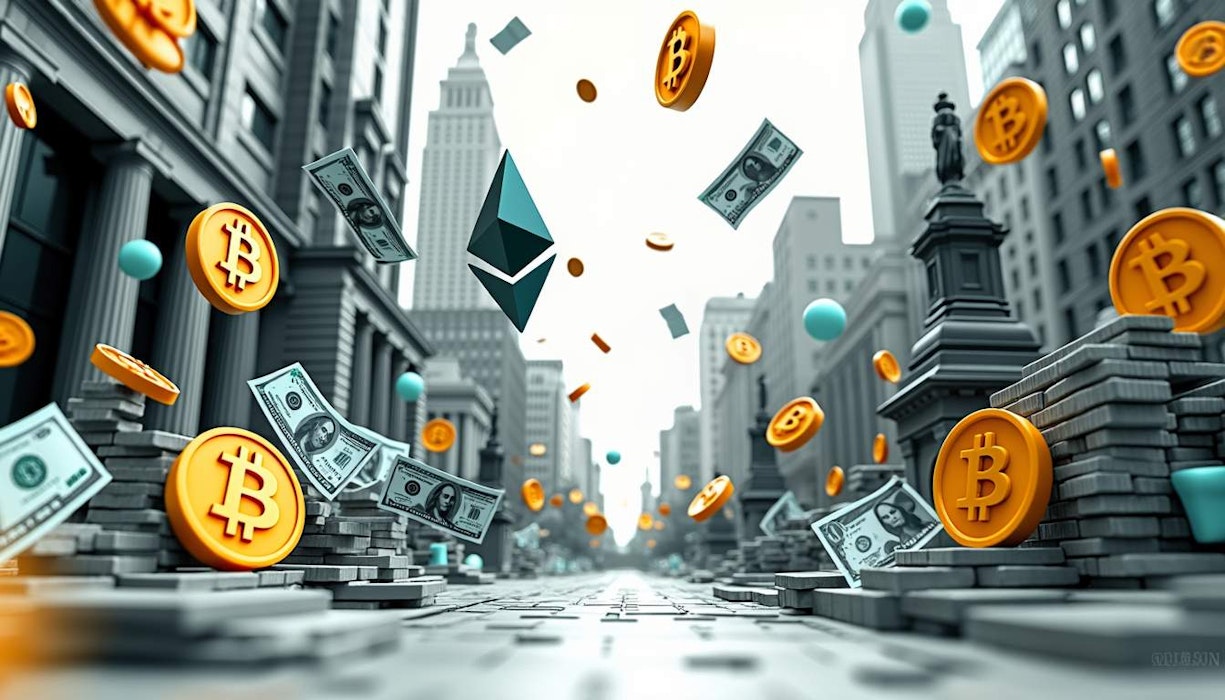What is Operation Chokepoint 2.0 and who does it affect?
Operation Chokepoint 2.0 involves multiple agencies and banks working together to stop crypto firms from accessing traditional banking systems. This move is directed at crypto companies across various sectors, including exchanges, investment funds, and payment processors.
It's not just the major firms that are affected; small businesses in Latin America and individuals in hyperinflationary economies are also facing the consequences. The goal seems to be to eliminate their access to traditional finance, forcing them to operate entirely within the crypto ecosystem.
How does this affect the crypto industry?
This regulatory pressure is expected to drive crypto firms out of the United States, pushing them towards more crypto-friendly jurisdictions. However, it's important to consider that this could hurt innovation and investment within the U.S. market.
The narrative that American crypto firms are criminal enterprises is being pushed hard, but in reality, these firms have been instrumental in bringing crypto to mainstream audiences. The crackdown could make it harder for individuals to invest in crypto and limit their ability to use it as a hedge against inflation.
Why is this crackdown necessary?
Supporters of the crackdown argue that it's aimed at protecting investors and preventing fraud. But at what cost? The rhetoric around crypto being a haven for illicit activities is being amplified, even though many crypto companies are compliant with regulations.
Are the regulations overreach?
Critics argue that these regulations are a blatant overreach of governmental power, stifling innovation and driving crypto business out of the country. By targeting these companies, the government is sending a message that it's not welcome in the U.S. market.
There is also a fear that the current climate could lead to companies finding loopholes to bypass regulations.
What should the crypto community do?
The crypto community must unite and push for legislative reforms. This includes working towards a more favorable regulatory environment that promotes innovation while also ensuring consumer protection.
